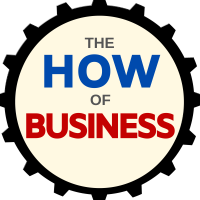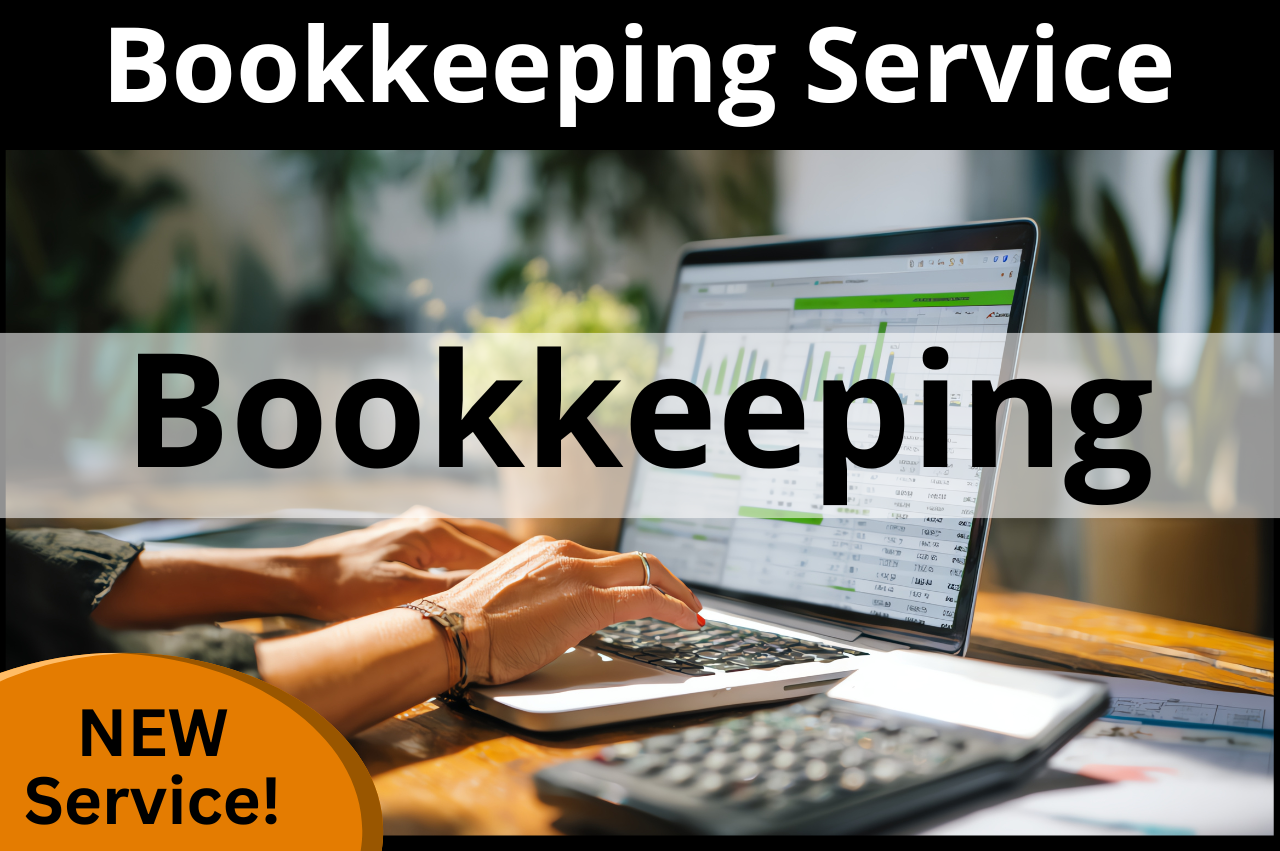The How of Business - Business Financials Episodes
These episodes of The How of Business podcast are on the topic of Small Business Financials - the financial control and reporting systems which are critical to managing and growing your small business.
The challenge is that most small business owner don't have the background or skills to understand their financials. That's OK! You are not alone. Your responsibility is to learn enough about small business financials so that you can make informed decisions to help you manage and grow your business.
From understanding how to interpret your financials statements, including your Profit & Loss (P&L) statement, Balance Sheet, and Cash Flow Statement, to using the information to help you measure and plan for growth, these episodes will help you develop your small business financial knowledge and skills.
Many small business owners have surrendered their control or knowledge of their financials. Often the reason may be that "I am not good with numbers!" or "I leave all that to my CPA at the end of the year." The result is a business that is navigating blind! As the owner and CEO of your small business you must have a strong understanding of your financial situation.
This does not mean, however, that you should not delegate the transactional tasks associated with maintaining and producing your financial statements. Tasks such as bookkeeping, processing payroll and preparation of your tax filings are ideally delegated or outsourced when you are ready to do so.
The ultimate responsibility for organized and up-to-date financials, and the interpretation of your financials, always remains with you as the owner of your small business.









The How of Business podcast, hosted by Henry Lopez, is focused on helping you start, run and grow your small business.
Frequently Asked Questions:
- Q. How much money do you need to start a business?
A. The amount of money you will need to start a business ranges greatly depending on the type of business and the scale. A virtual or online ecommerce businesses can be started for as little as a few thousand dollars, and on the other end of the spectrum, a business that requires real estate, buildings, and expensive equipment may require millions of dollars to start. The first step in determining how much money you need to start your business is to create a draft of your Financial Projections. Using a spreadsheet, you will need to estimate the costs of starting your business, including any initial real estate, construction, equipment, tools, starting inventory, and always remember to include sufficient working capital. - Q. Where do I get a small business loan?
A. There are various possible sources for small busyness loans including traditional lending institutions like banks, online lending institutions, micro-lenders supported by the SBA, and private lenders. Learn more about how to get the money to start or grow your small business from these episodes: Money & Lending Episodes - Q. Are there small business banks?
A. There are banks that specialize in lending to small businesses. You should consider starting with your own bank, local banks, or credit unions. Also consider banks that are approved SBA lenders. Another good resource for information on banks that lend money to small business owners is the Bankrate.com website. - Q. What is a small business Line of Credit (LOC)?
A. A line of credit, or LOC, is a tyle of loan from a financial institution (typically the same bank where you have your business accounts) that consists of a defined amount of money that you can access as needed - for example when you have a cash flow issue. You usually have some flexibility on payments and the interest rate is usually variable. It's considered a wise business practice to establish a line of credit as soon as possible for your small business, and have it as a back-up in case you need it temporarily for working capital. - Q. Should I use a home equity line of credit (HELOC) for my small business?
A. The home equity line of credit, or HELOC, is a revolving type of secured loan (the collateral is the borrower's property) against the equity in a property (real estate). You should be careful when using this type of loan to finance a business as the risk may be too high - if you default on the loan because your business fails, then you may be in danger of losing your property. - Q. Should I have a business credit card?
A. Yes, it's a good idea to have a business credit card (in addition to a debit card). Having a credit card allows you to leverage some float (time between the purchase and when you have to pay the balance) which helps with managing your cash flow. Be careful with using a credit card is you are not able to payoff the entire balance when you receive the statement. Credit card interest rates are usually extremely high and not a good type of debt to carry in your business. - Q. How do I learn more about small business grants?
A. When it comes to government grants available to small businesses, there are several resources you can explore to find relevant opportunities. Here are some reputable sources to consider:1. Grants.gov: Grants.gov is a comprehensive database of grants offered by various federal government agencies. It provides a searchable database where you can find and apply for grants based on your business's eligibility and needs.2. Small Business Administration (SBA): The SBA offers various programs and resources to support small businesses, including grants. While the SBA does not typically provide direct grants to small businesses for general business purposes, they do offer grants for specific industries, research and development, and economic development initiatives. Visit the SBA's website or reach out to your local SBA office for more information.
3. State and Local Government Websites: State and local government websites often have information about grants and funding opportunities available within their jurisdictions. Check the websites of your state government and local economic development agencies to explore grant programs tailored to small businesses.
4. Economic Development Agencies: Economic development agencies at the state, regional, and local levels may offer grants or financial assistance programs to stimulate business growth and development. These agencies are focused on fostering economic activity in specific areas and can be a valuable resource for finding grants.
5. Small Business Development Centers (SBDCs): SBDCs are organizations funded by the SBA that provide free or low-cost business consulting, training, and assistance to small businesses. They can guide you in identifying and applying for relevant grants available in your area.
6. Corporate and Foundation Grants: Many corporations and foundations offer grants and funding opportunities to support small businesses, especially in specific industries or for projects aligned with their missions. Research corporate social responsibility programs and foundation grants that align with your business sector or objectives.
7. Industry-Specific Grants and Associations: Some industries have associations or organizations that offer grants or funding opportunities to support businesses within their sector. Explore industry-specific resources and associations to identify potential grant programs available.
It's important to thoroughly research and verify the legitimacy of any grants or funding opportunities you come across. Be cautious of scams or organizations that charge excessive fees for grant information. Additionally, carefully review the eligibility requirements, application deadlines, and any specific guidelines for each grant program.
Consider working with a business advisor or consultant who specializes in grants and funding to help navigate the process, improve your chances of success, and ensure you meet all requirements when applying for government grants.




